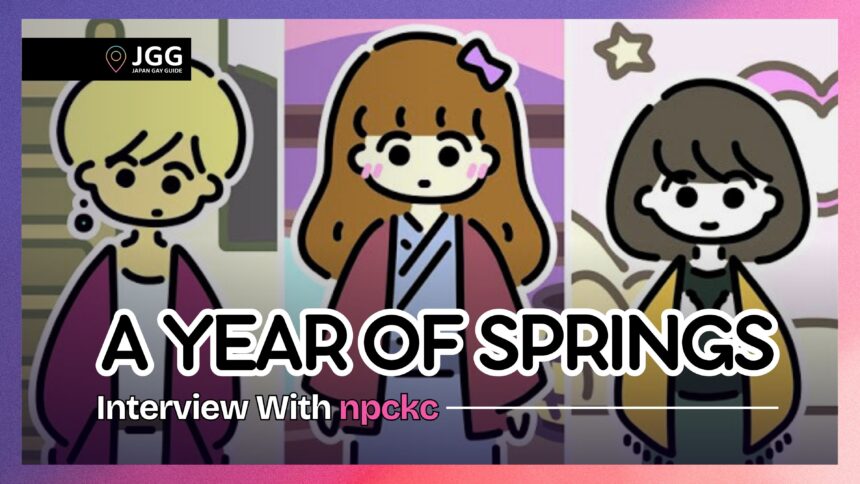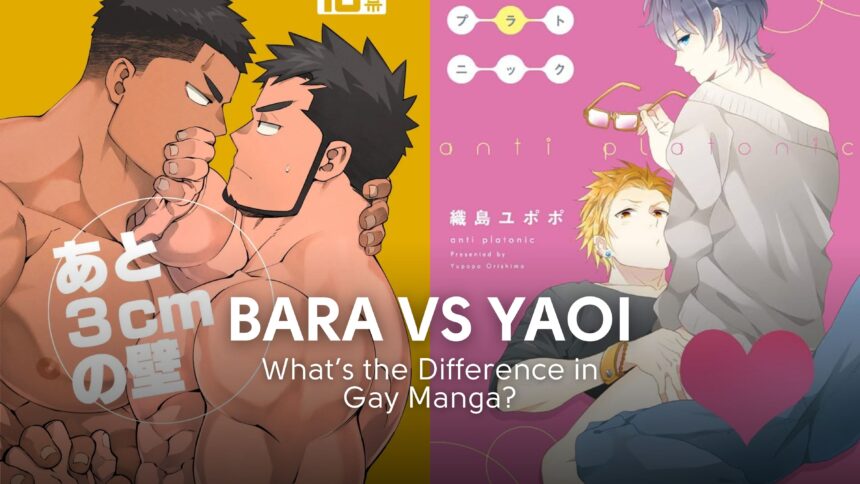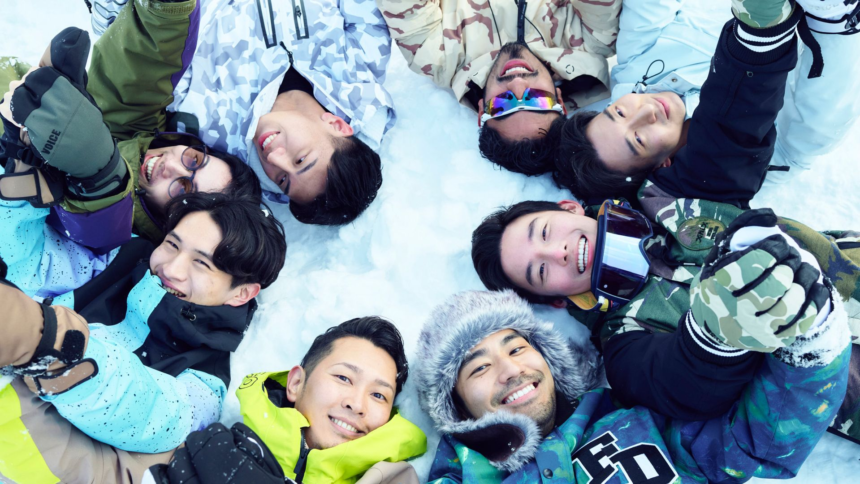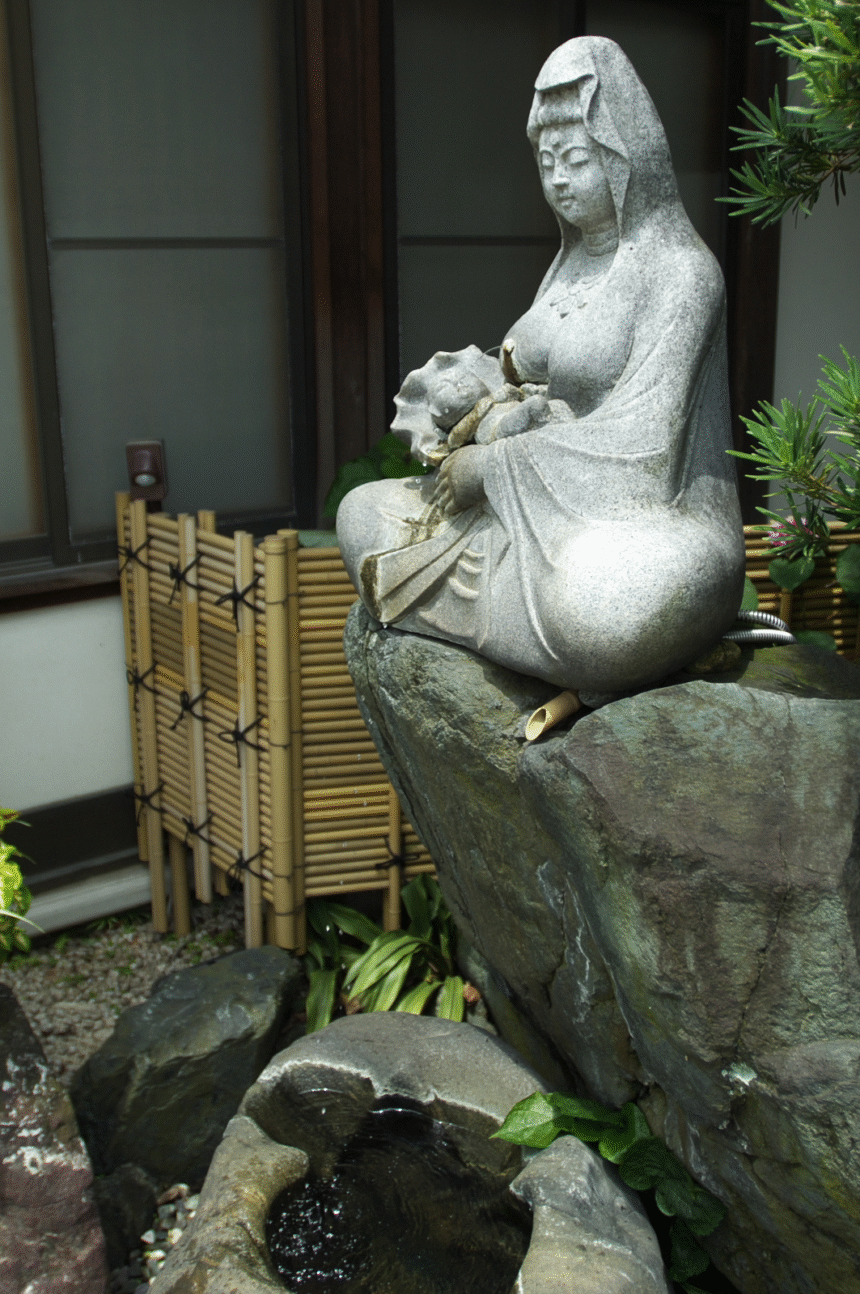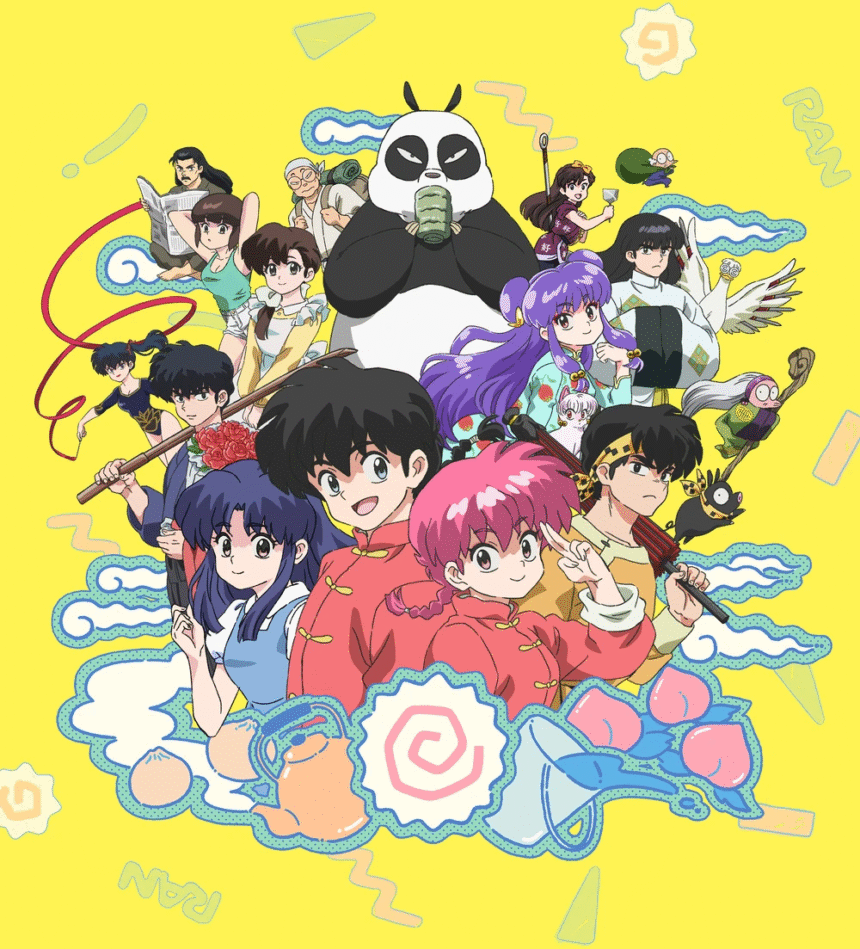A YEAR OF SPRINGS was one of the most highly acclaimed LGBTQ+ games of the last few years. It garnered multiple awards and recognition among many (including this humble publication) of being one of the most touching LGBTQ+ games that can be played, and its creator, npckc, has gone to to create other very well-received narrative games, such as a pet shop after dark, A TAVERN FOR TEA, and A HERO AND A GARDEN.

Japan Gay Guide was fortunate enough that npckc took the time out of their busy day to speak to us about the process of creating A YEAR OF SPRINGS, its legacy, and their thoughts on LGBTQ+ life in Japan today.
Sudden Surprise Success
Despite being a runaway success, having been released globally and having translations into various different languages, npckc admits that they couldn’t believe how well received their game was, and by its continuing popularity.
“Honestly, I was very surprised that the game resonated with so many people across the world,” they told us. “I didn’t go to school to learn programming, or game design, or anything else related to that. I only began making games, because I saw other people making them.”
Before long, they were introduced to itch.io, a platform where independent creators can publish their games and access audiences beyond those that can typically be reached by those who go through more “traditional” publishing routes.

Soon, they decided to go to a few game jams – events where people create jams entirely or almost entirely from scratch, within a set time period and to a set theme. While not all games are considered “complete” even if they are finished, they often make excellent springboards to full versions, like a first draft of a game.
“I thought that, since I have a background in writing fiction, I thought it would be interesting to do that in a different format.”
From that background, they went on to create A YEAR OF SPRINGS. But despite the beautiful and often uplifting dialogue, it was not always coming from a place of joy, npckc tells us.
New Era, Same Oppression
Although the first chapter, which revolves around trans woman Haru and her difficulties navigating public spaces — in this instance, a hot spring — was initially created as a standalone, the second begins with the opening of the Reiwa era in Japan, in 2019. While the airwaves were flooded with reporting over two kanji to describe the new era under a new emperor, they could not fathom how this was of vital news when there are LGBTQ+ people (and trans people in particular) suffering daily.
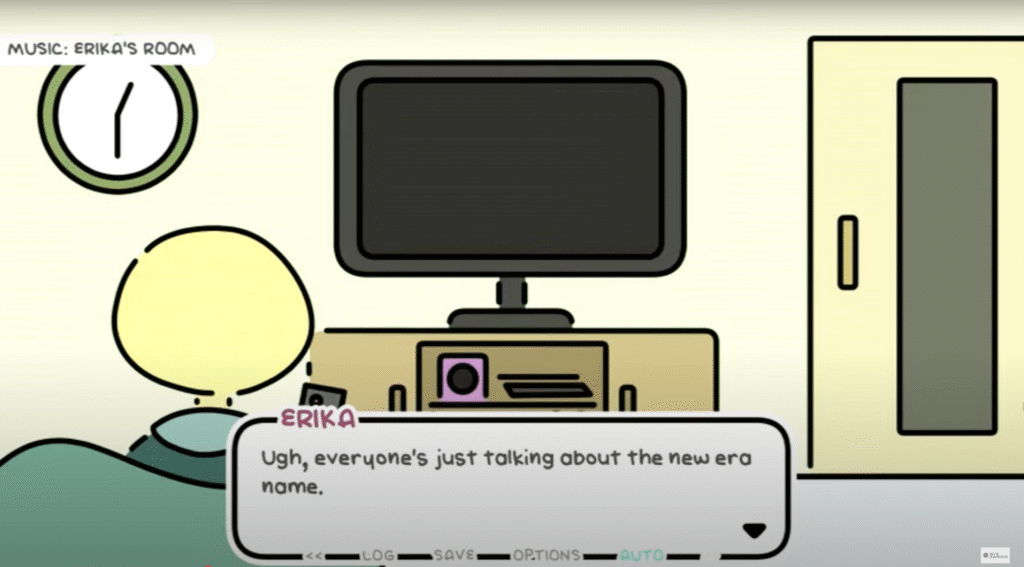
“A lot of my inspiration came from frustration, about how things were, and how I wished they could be, even if it was not a reality.
“For example, last day of spring begins with Erika watching a news broadcast about the start of the Reiwa era, and I was really annoyed by that when I saw it. I couldn’t help but think, “this is all people care about, when trans people are being denied rights? When so many in Japan are suffering, these two characters are the headline news? How am I supposed to be happy when I know people are suffering — when people I know are suffering?”
But it is this frustration that fueled a love letter to the queer community in Japan and across the world that was both fierce in solidarity and open in understanding. The queer community is, today, under more pressure than it has been in a long time, but it remains resilient and defiant in the face of unmasked indifference (at best). npckc, like many queer artists, has responded to this not by hiding the way the world is, but imagining how it could (and should) be.
“I feel that media which is, if not more gritty, but realistic, is also very important. Because it often tells stories that people actually have. But while that can be cathartic, I don’t want to put all of myself into my work in the same way.
“I think that at the end of the day, any queer person can look back at things that happened to them and their community that was awful. But I want them to be able to look and think, “I was happy I was alive now, despite everything. There are ups and downs, but it was worth it.”
The Personal and the Universal
Although they did not want to put everything of themselves into the story, there are aspects to the characters that are directly driven by their own experiences.
“I didn’t have a plan for the larger story as such, but I write about things I know. I have had a very similar experience to [the character] Manami, I don’t recall the specifics, but I was engaging in some media and thought, “why are the characters making a big deal out of this? Doesn’t everyone think that’s normal?”, and I realized that, no, not everyone feels that that way.
“So, when writing Manami, I thought about, ‘what would a friend who tries her best to understand, and do her best, but doesn’t understand how her wanting everyone to feel normal sometimes misses these important issues, what kind of person would that be?’, and then her own struggles fell into place.”
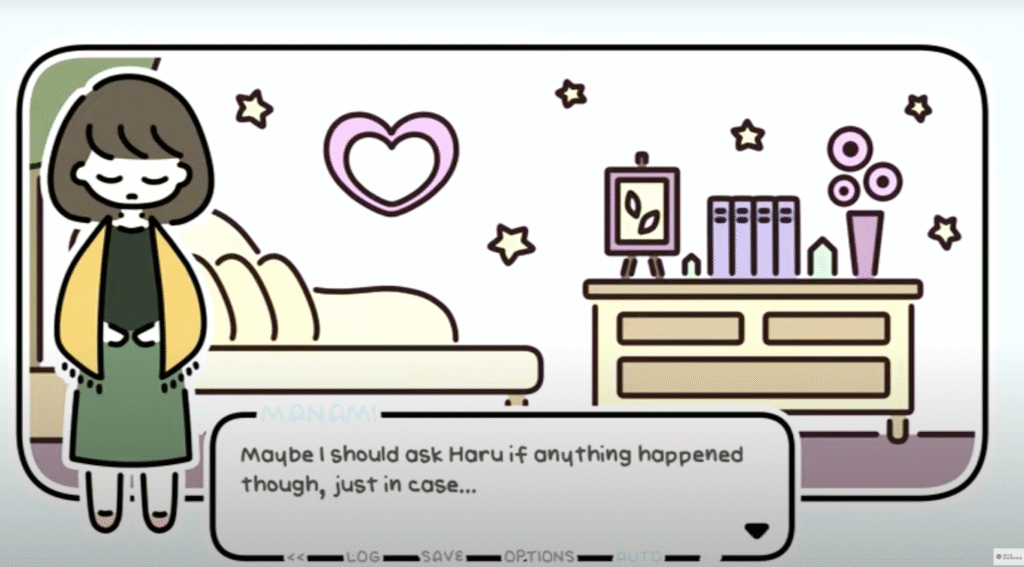
Source: WiX GaminG
A YEAR OF SPRINGS has proven to be a critical and commercial success, which may surprise some, given the specificity of the subject matter. Indeed, even npckc was taken aback by how many people saw themselves in their characters, even if their personal circumstances did not match them.
“Honestly, I was very surprised that the game resonated with so many people across the world. But I think that when people play it, they realize that even if their situation isn’t exactly the same, you might experience the same emotions in your own daily life. I think that’s what really connects people. There is no encyclopedia of queer experiences, so I instead focused on experiences that someone could potentially have, and could connect to.”
Connecting Through Visuals and Sound
The artwork and soundtrack, neither of which are ostentatious, but both of which are engaging, also go a long way towards getting the audience to identify with the characters of the story.
“If, say, Haru looked too real, then the player might think, “that doesn’t look like me”. But, if they’re a character more than a person — they could even be, like, a circle, then the player can still think, “this could be me,” and put themselves in the character’s shoes.”
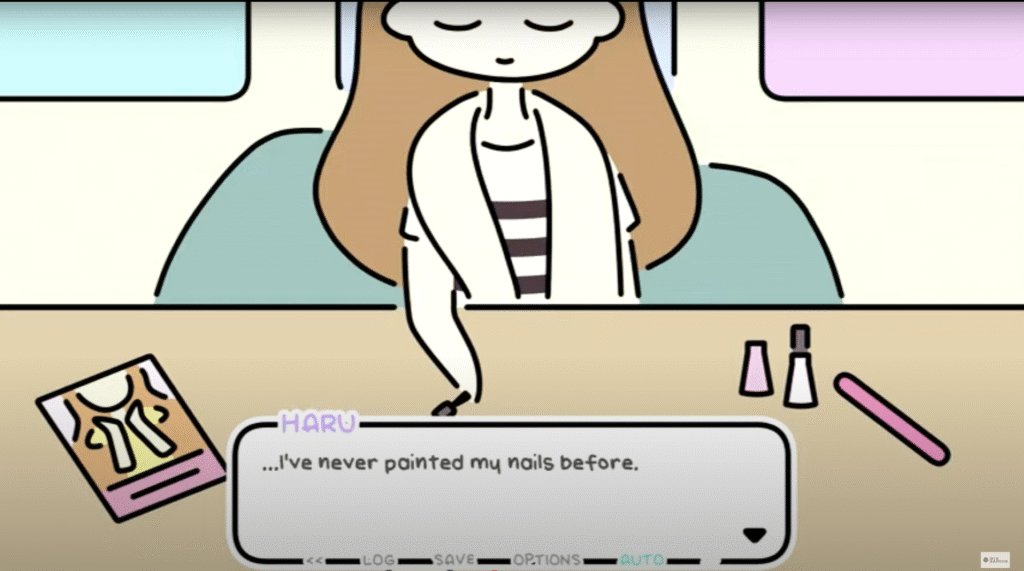
The music, written in collaboration with long-time collarobator sdhizumi, also envelops the player by giving them an experience that makes them feel as though they are a part of this loving world, as npckc explains.
“Usually the musical genres [sdhizumi] works in are happy hardcore, which is totally different. We were going for a vibe of music that, rather than being stand-alone tunes that happen to be in the game, are the kinds of music you might hear at the locations the characters are in. If you’re at a cafe, or a hot spring, there’s always music in the background, You might not be listening to it actively, but it’s still nice to have.”
This perfect fusion of writing, visuals, and sound have led to many people contacting npckc to let them know how much the game has affected, and even changed them.
“It’s both an honor and overwhelming when people tell me that they love the game. I really like that, but what really gets me is when they say, ‘I played this five years ago, and it helped me to become who I am now.’ It’s humbling when people tell me that, this little game I published for free, many years ago, could have such an impact on people’s lives. To be a catalyst like that is… incredible. To help people, even in my own small way, makes me so happy — more than happy, grateful.”
Fighting For Every Mile, Treasuring Every Yard
As discussed, things are not fantastic for the LGBTQ+ community in Japan as a whole right now. While there is less open violence that can be seen in western nations, it does still exist, and legal protections are few – notoriously, Japan is the only G7 nation not to recognize marriage equality. Although local governments have made some efforts, npckc is clear that these are not enough.
“I think smaller governments showing support is great. But at the same time, some people will think, ‘well, you got what you need, why do you want more?’, because we’re not the same. People have this attitude that you should ‘be happy with what you have,’ and that’s so demeaning.”
npckc’s attitude toward the situation in Japan today is very similar to the epilogue of the game. While our beloved heroines get a happy ending, it is not happily ever after. Japan as it currently is refuses to let them live authentically. But they have each other, and they have tomorrow.
“We should never be complacent, especially given that there is always pushback. The world right now? It sucks. The world is getting worse for queer people. It feels that way, and that’s because it is that way.
“But at the same time, there are so many things you can do for your community: you can volunteer, and participate in mutual aid. This makes a much bigger difference than, say, just signing a petition.”
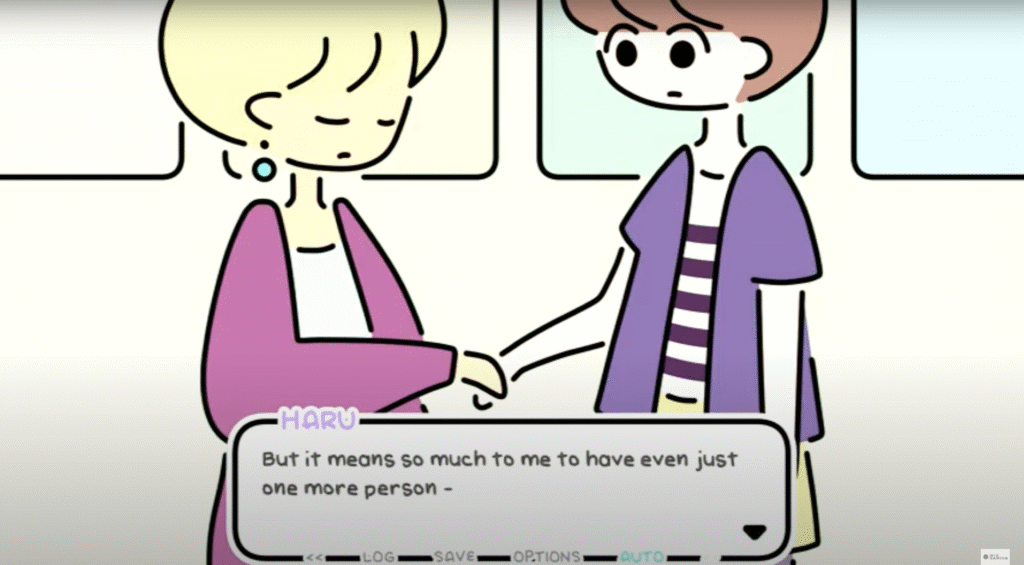
There are many things that people in the LGBTQ+ community, and their allies, can do to try and make life even a little better for our siblings here in Japan. Activism is, and will always be, important. But so are small joys and art and beauty. npckc’s A YEAR OF SPRINGS has been that to many people. And, they tell us, they hope it is only the start.
“I’m so glad people are still playing the game. I’m so glad people like it. I hope people will play more games made and written by queer people, and that other people will make and write more games, too.”

